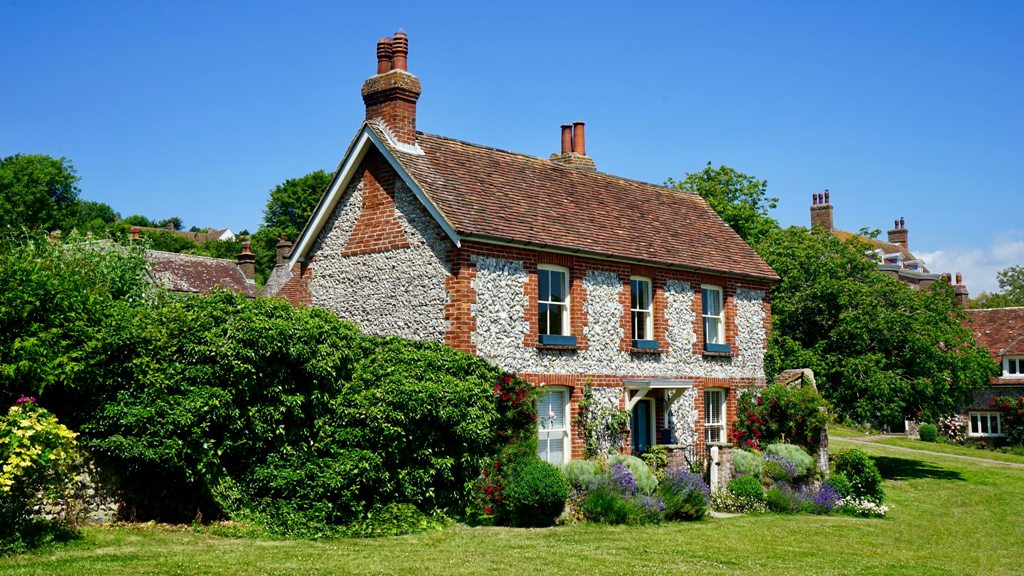Water damage presents a substantial risk to residential and commercial properties, frequently leading to expensive repairs, degradation of structures, and potential health concerns. Taking proactive steps to identify and prevent leaks is crucial in minimizing these dangers and preserving the integrity of your property.

Conduct Regular Inspections
Routine inspections of plumbing systems, appliances, and infrastructure are crucial for early leak detection. Schedule periodic checks of faucets, pipes, water heaters, and other water-related fixtures to identify signs of corrosion, wear, or deterioration. Additionally, inspect areas prone to water accumulation, such as basements, crawl spaces, and attics, for any signs of moisture intrusion.
Install Leak Detection Devices
Invest in advanced leak detection devices to enhance your property’s resilience against water damage. Intelligent water sensors, flow meters, and leak detection systems can provide real-time alerts in case of leaks, enabling swift action to mitigate potential damage. These devices are precious for detecting hidden leaks in walls, floors, and ceilings, minimizing the risk of undetected water intrusion.
Ensure that Drainage Systems are Properly Maintained
A functional drainage system is vital for directing rainwater away from your property and preventing water accumulation around its foundation. Maintaining clear gutters and downspouts is important, ensuring they are free from debris and effectively diverting water from the structure. A reliable drainage company can grade the landscape to promote proper water runoff and install systems in your garden to prevent your plants from being water-logged and dying. This can also reduce the risk of flooding and property damage. They may consider installing French drains or sump pumps in low-lying areas prone to heavy rainfall.

Insulate Pipes
Frozen pipes frequently lead to water damage during colder seasons. To avoid this issue, insulating exposed pipes in unheated spaces like attics, basements, and crawl spaces is important to prevent freezing and the risk of bursting. Additionally, consider installing heat tape or cables to provide supplementary warmth in vulnerable areas, reducing the risk of costly pipe bursts and water leaks.
Monitor Water Usage
Monitoring water usage patterns can help identify abnormal consumption levels indicative of leaks or inefficient fixtures. Keep track of water bills and compare usage trends over time to identify any sudden spikes or fluctuations. Addressing excessive water usage promptly can help prevent leaks and conserve water, benefiting your property and the environment.
Educate Occupants
Educating occupants about water conservation practices and leak awareness is essential for fostering a culture of proactive maintenance and responsibility. Provide guidelines on proper usage of plumbing fixtures, timely reporting of leaks, and steps to take in case of water emergencies. Encourage prompt reporting of any signs of water damage or leaks to facilitate swift resolution and minimize potential repercussions.

Respond Promptly to Indications of Water Damage
Immediate action is imperative upon detecting signs of water damage, such as water stains, mould growth, musty odours, or unexplained moisture accumulation. Address the underlying cause promptly, whether it be a leaking pipe, malfunctioning appliance, or structural flaw. Taking prompt action can reduce the severity of damage and halt any further deterioration of the property.
Regular Maintenance
Regular maintenance of plumbing systems, appliances, and structural components is essential for preventing water damage. Schedule professional inspections and maintenance services for HVAC systems, water heaters, and roofing to address potential vulnerabilities and ensure optimal performance. Proactive maintenance minimizes the risk of water damage and prolongs the lifespan of critical infrastructure.
Address Plumbing Repairs Promptly
Timely repair of plumbing issues such as leaking pipes, dripping faucets, or malfunctioning fixtures is essential for preventing water damage. Neglecting minor plumbing problems may result in major leaks or pipe bursts, leading to substantial damage to your property. Schedule regular plumbing inspections and address any identified problems promptly to mitigate the risk of water-related incidents.

Ensure Proper Ventilation
Insufficient ventilation in moisture-prone areas like bathrooms, kitchens, and laundry rooms can foster mould growth and water damage. Ensure proper air circulation and moisture removal by installing and maintaining exhaust fans. Proper ventilation prevents water damage and enhances indoor air quality and occupant comfort.
Address Slow Drainage Issues
Slow drainage in sinks, showers, or bathtubs indicates underlying plumbing problems such as clogs or pipe obstructions. Address slow drainage issues promptly to prevent water backup and potential overflow, which can lead to water damage and mould growth. Use drain strainers to avoid debris buildup, and consider professional plumbing services for thorough cleaning and maintenance.
Implement Protective Measures to Shield Your Basement from Flooding
Basements are particularly susceptible to water damage due to their underground location and susceptibility to flooding. To mitigate this risk, installing a sump pump and exploring the option of applying waterproof sealants to basement walls and floors to deter groundwater infiltration is advisable. Additionally, elevate valuable items and electrical components above potential flood levels to minimize damage in the event of flooding.

Conclusion
Preventing water damage requires a comprehensive approach that addresses various factors, including plumbing maintenance, drainage issues, ventilation, and flood protection. Property owners can effectively mitigate the risk of water damage and safeguard their investments by promptly addressing plumbing repairs, ensuring proper ventilation, tackling slow drainage problems, and protecting against basement flooding. Remember, proactive maintenance and timely intervention are essential for preserving the integrity of your property and minimizing the potential impact of water-related incidents.




[…] RELATED: Safeguarding Your Property: Effective Strategies for Preventing Water Damage […]